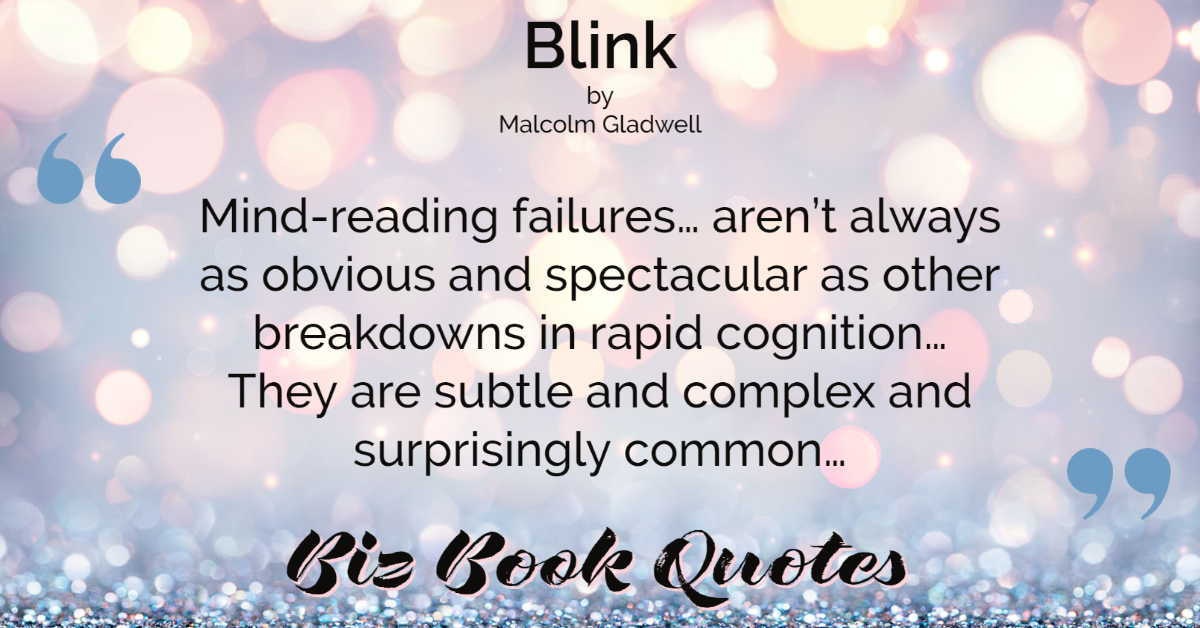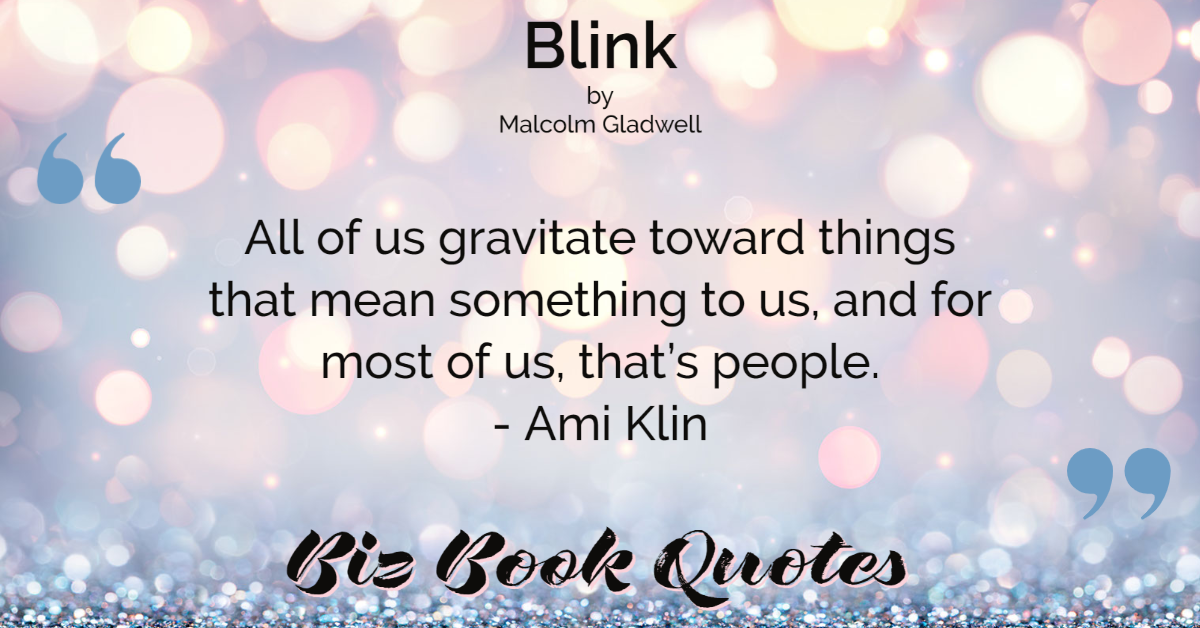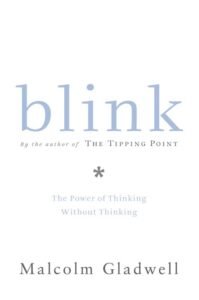|

|
Blink:
Mind-reading failures… aren’t always as obvious and spectacular as other breakdowns in rapid cognition… They are subtle and complex and surprisingly common…
|
197 |
|

|
Blink:
…the face is an enormously rich source of information about emotion.
|
206 |
|

|
Blink:
…the information on our face is not just a signal of what is going on inside our mind. In a certain sense, it is what is going on inside our mind.
|
206 |
|

|
Blink:
Emotions can also start on the face. The face is not a secondary billboard for our internal feelings. It is an equal partner in the emotional process.
|
208 |
|

|
Blink:
Many facial expressions can be made voluntarily… But our faces are also governed by a separate, involuntary system that makes expressions that we have no conscious control over.
|
209 |
|

|
Blink:
We can all mind-read effortlessly and automatically because the clues we need to make sense of someone or some social situation are right there on the faces of those in front of us.
|
213 |
|

|
Blink:
…when people talk, we listen to their words and watch their eyes in order to pick up on all those expressive nuances…
|
218 |
|

|
Blink:
All of us gravitate toward things that mean something to us, and for most of us, that’s people. – Ami Klin
|
220 |
|

|
Blink:
Our mind, faced with a life-threatening situation, drastically limits the range and amount of information that we have to deal with.
|
224 |
|

|
Blink:
Sound and memory and broader social understanding are sacrificed in favor of heightened awareness of the threat directly in front of us.
|
224 |











